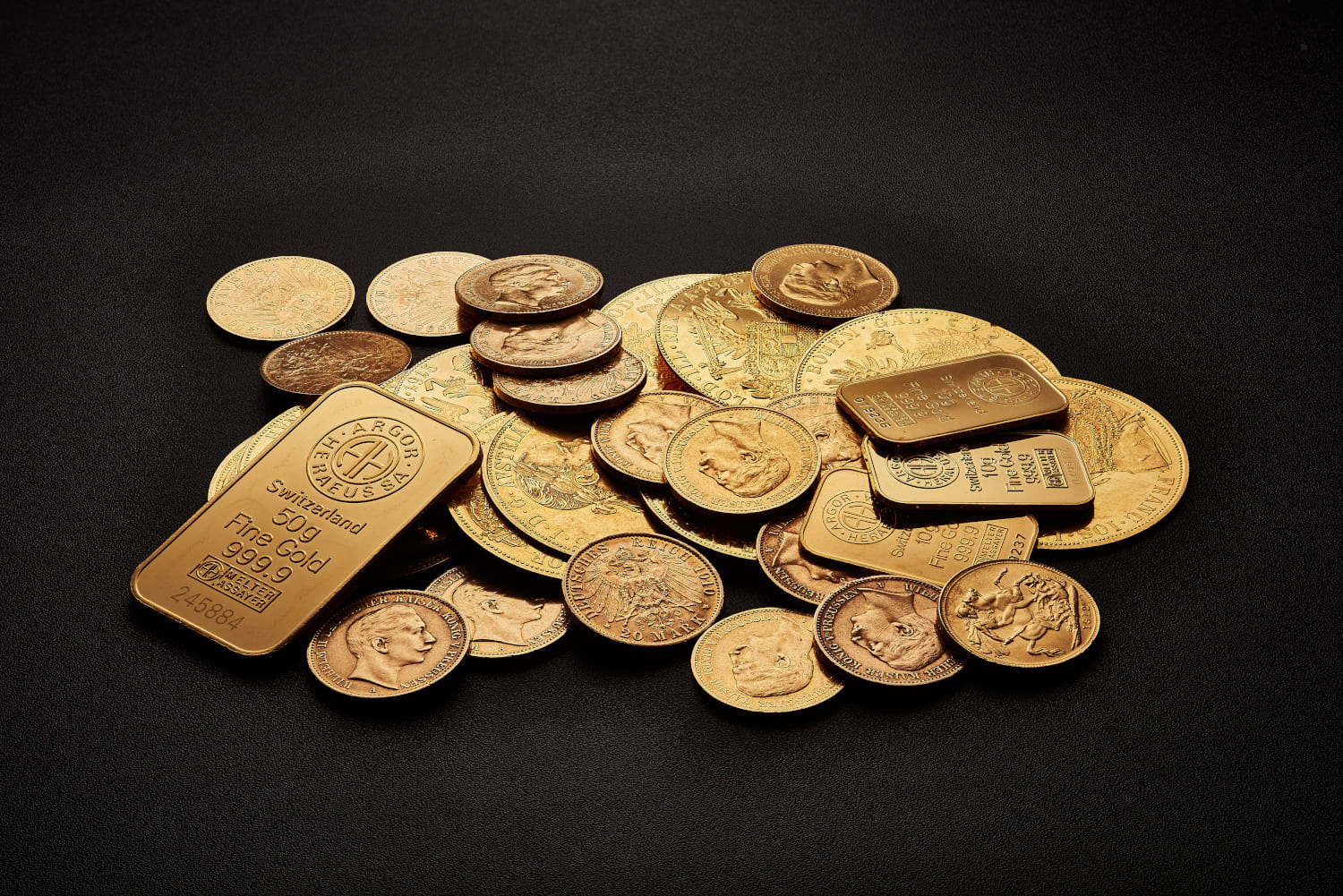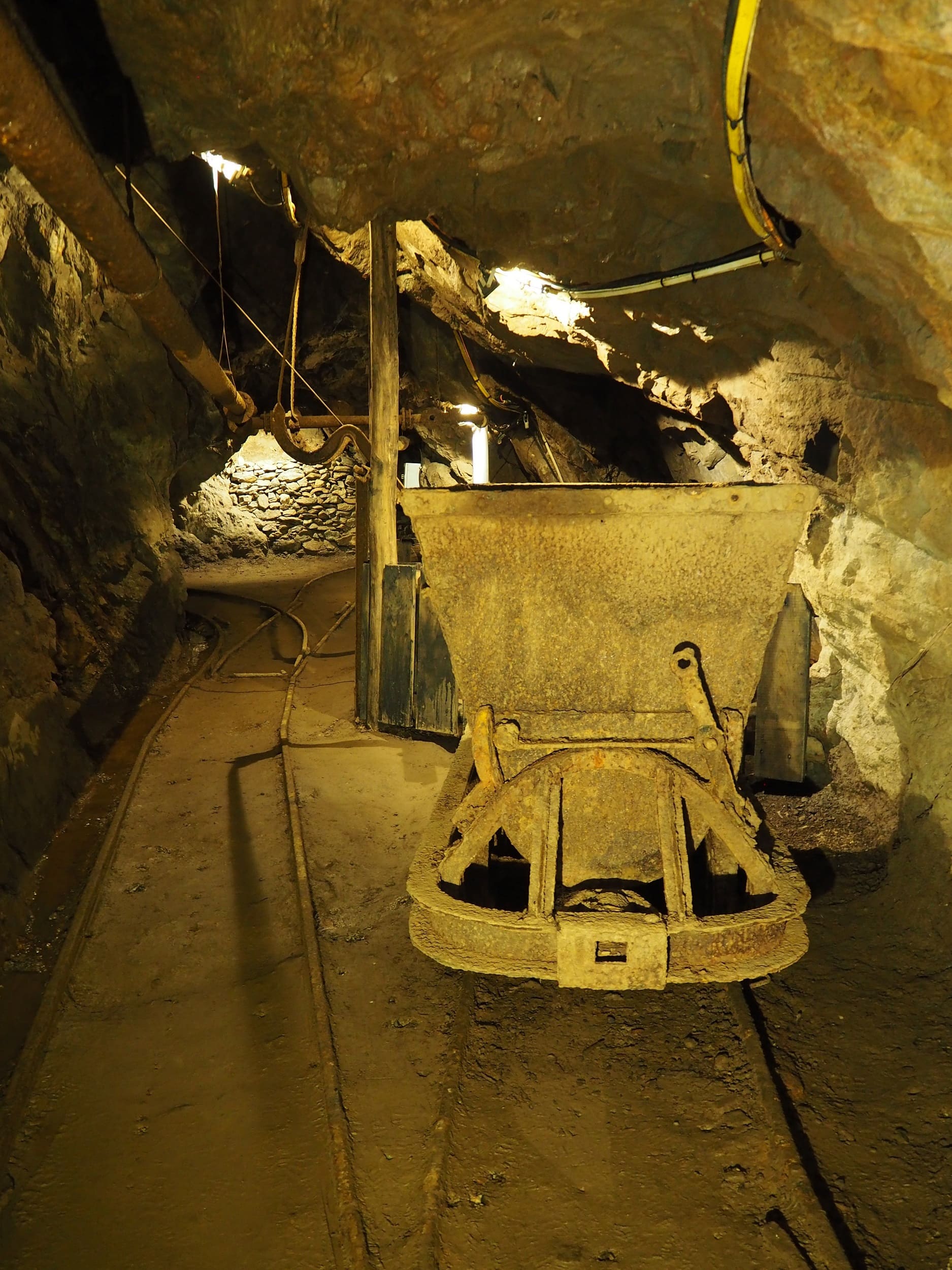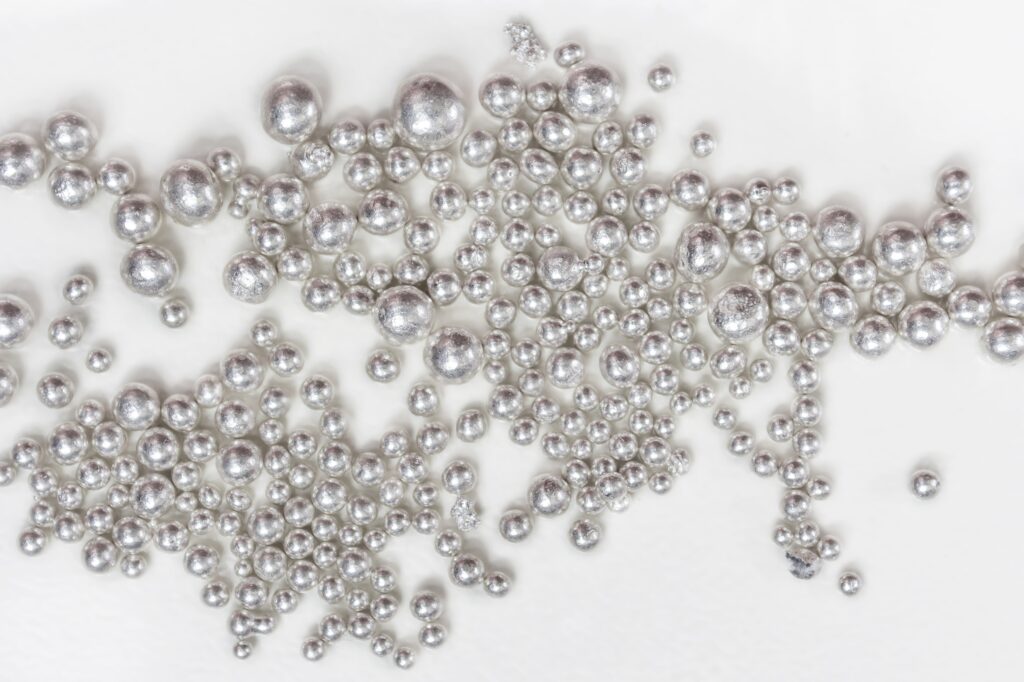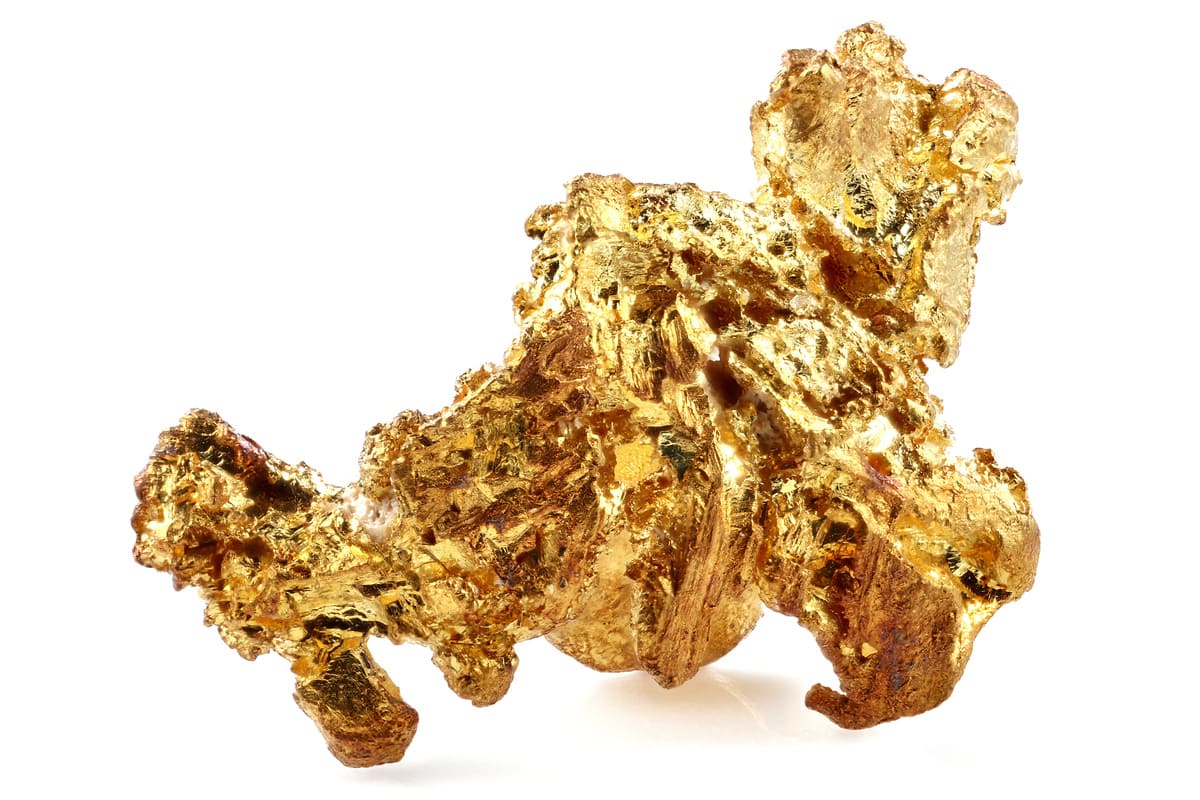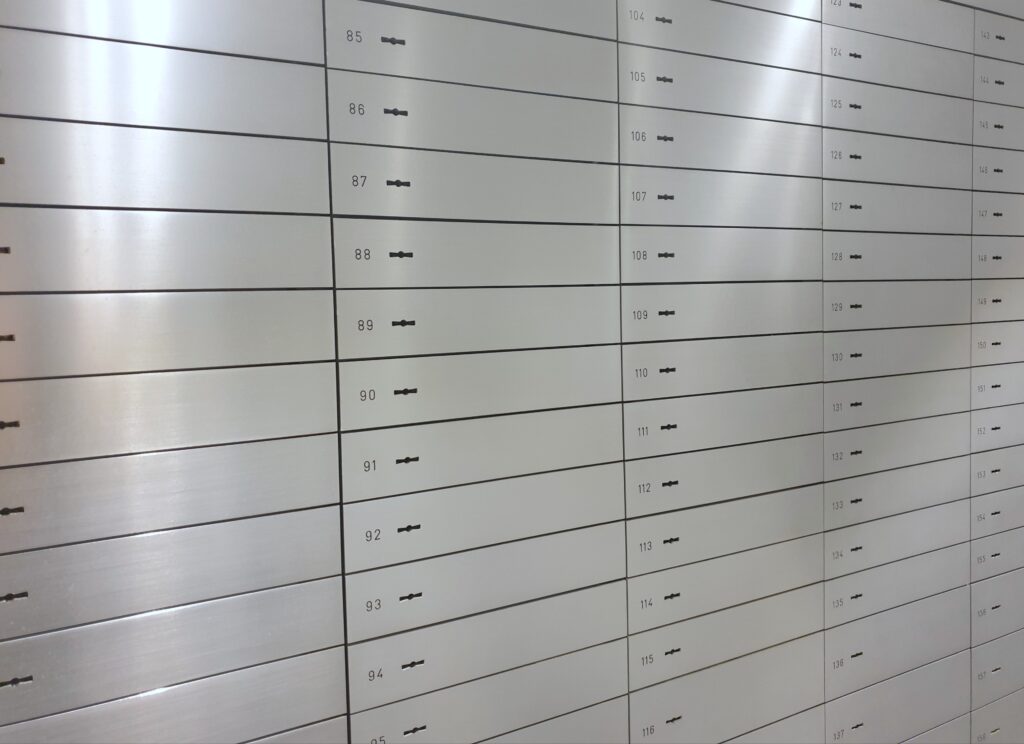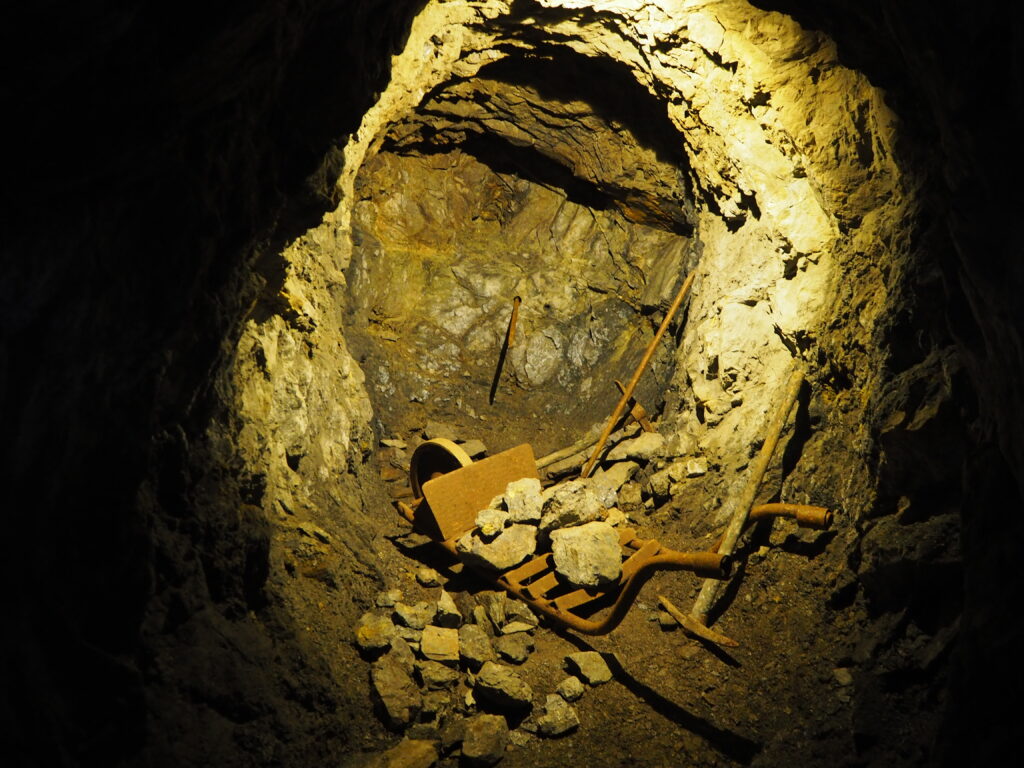Vaulted gold vs storing your own holdings
Additional information > Investment forms for gold, silver, platinum and palladium > Buying vault gold: The pros and cons of storing it for yourself
Buying gold and storing gold each call for different strategies
Anyone seeking gold investments has various options such as: gold securities, gold-mining stocks, gold deposits, gold savings plans and physical precious metals. Your ownership and management plans will determine your investment strategy. Potential investors will also encounter the technical term ‘vaulted gold’. But what is this? And are there advantages and disadvantages compared to purchasing and storing your own bullion bars and coins?
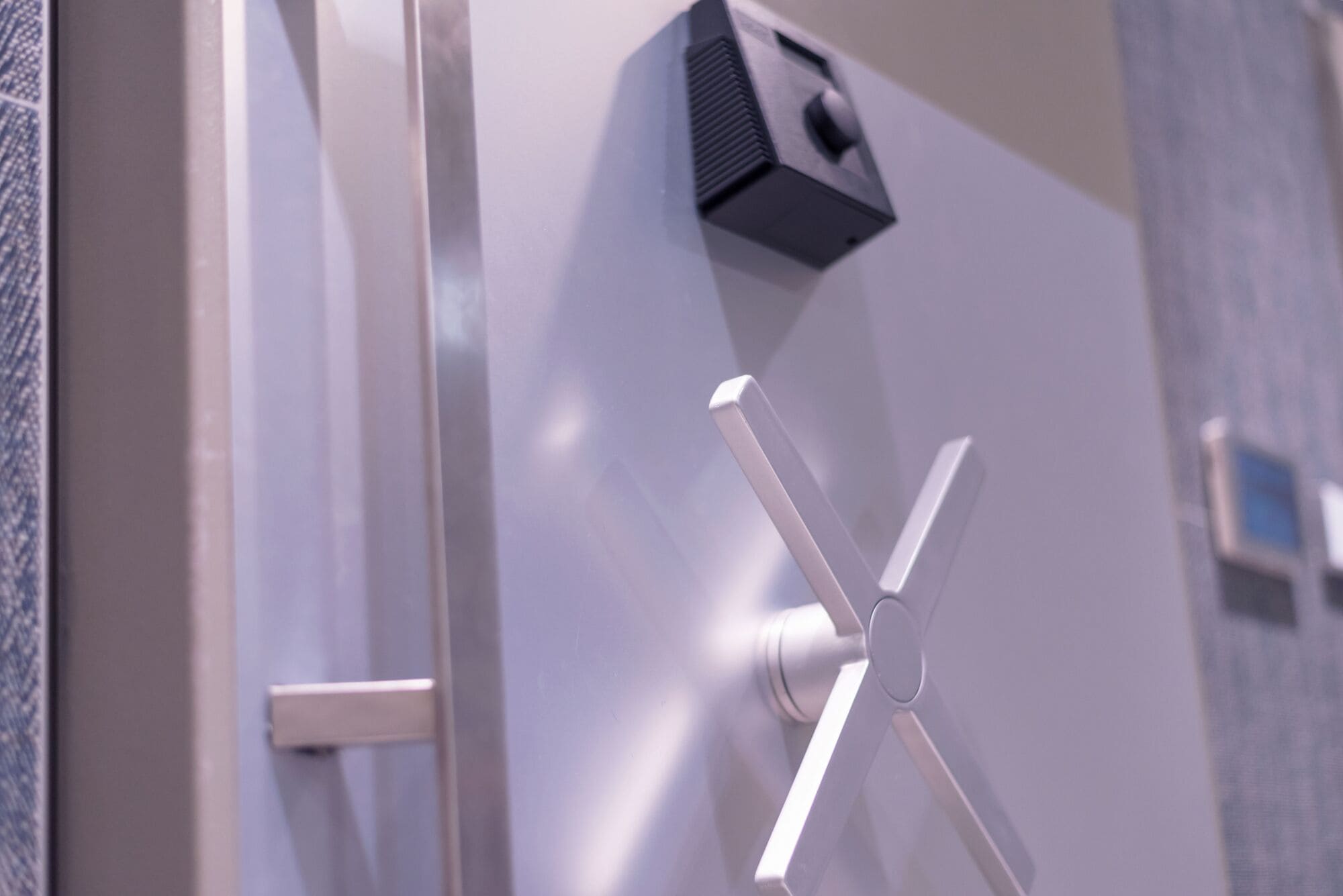
© as-artmedia - stock.adobe.com
Vaulted Gold is the term used to describe physical investment gold which is professionally stored in vaults. This commodity mainly consists of large gold bars weighing 400 ounces, which is around 12.4 kilograms. Such bullion gold is often referred to as ‘Good Delivery’ bars because each individual bar is guaranteed to meet the exact specifications laid down by the London Bullion Market Association (LBMA), which sets the accepted specifications for such precious metals when they are traded on the global market. These commercial bars must have a fineness of at least 995/1000, a ratio which automatically means they are regarded as virtually pure gold. The majority of these gold bars are primarily held by banks, which offer the precious metals to their customers as an investment option. In addition, they can sometimes be acquired via precious metal dealers or direct from certain online brokers.
Vaulted gold as a mode of investment
When investing in vault gold, investors are in effect buying shares in gold bars, which means this investment does involve actual ownership of physical gold. Such gold can be either stored in the respective bank’s high-security vault or passed to a specialist storage provider where it is stored and protected by insurance. For practical purposes, this means those who purchase vaulted gold will not have to worry about storing the precious metal for themselves. Should this be required, the gold can also be delivered. However, this option rarely occurs, primarily because the appropriate denominations this would require are not usually available. As previously mentioned, this form of bullion gold is stored in large 12-kilo bars, each worth more than 700,000 Swiss francs. So any delivery would have to accommodate this unit value. Depending on the type of contract arranged, it is possible to purchase smaller units, but this invariably attracts an additional fee. Merging your acquisition with existing gold investments is not an option.
In addition to the pure capital investment, there are fees attached to investing in vault gold. Depending on the provider, trading costs of between 1-6.5% will be added to the prevailing precious metal market price. In addition, there are annual storage costs amounting to around 0.4-1.5% charged on the total value of your gold purchase. When compared to gold securities (gold ETFs) and gold savings plans, the additional fees for vault gold are very similar.
What are the potential advantages of vaulted gold?
Investing in vault gold can be a very flexible option for investors. In most cases, gold can be purchased in small quantities and sold again just as easily when required. The respective shares are sold back direct to the original provider. As such, there is never a need for the buyer to inspect the gold because the precious metal has never left the depository.
There is no VAT due when purchasing physical investment gold, because this valuable precious metal is legally recognised as a pure investment product. This feature differentiates bullion gold from white metals such as silver, platinum or palladium. Unlike gold bullion, these metals are also bought and sold as industrial raw materials, which is why their purchase is generally subject to a VAT levy.

©v ladk213 - stock.adobe.com
Depending on the investor’s country of residence, any profit from gold sales will be subject to taxation. In many European countries there is no withholding tax provided you keep your investment for a period of more than one year. In Switzerland, gold ownership must be declared on your annual tax return and a may then attract a wealth tax.
The biggest advantage of vault gold is the fact that it is already in vaulted storage, which means an investor will not have to worry about arranging storage for themselves. In addition, when buying or selling gold holdings, the investor does not have to physically move the gold in or out of storage. Furthermore, investors do not need a separate insurance to cover their gold shares, because the deposited gold bars are already insured and the contribution required to provide this cover is already included as an element within the storage costs. Vaulted gold is therefore particularly suitable for investors who view precious metals as a pure investment and do not wish to handle any subsequent storage and processing.
The alternative to gold shares
Those investors who prefer to individually manage their own physical gold will be more likely to choose to purchase their gold in standard investment bullion units or as bullion coins. This option leaves an investor free to decide for themselves which gold formats and denomination units their holding should include. Such investment gold is then purchased from a trusted precious metal dealer. It can then be stored in either a home safe or secured in a safe deposit box facility available from a specialist provider.
Switzerland, which is renowned for its customary ability to offer the highest standards of privacy, is the recommended location for discreet storage of precious metals. For example, the private storage provider Swiss Gold Safe offers a range of different storage solutions, all with protection to the same level as the security afforded to vaulted gold – with the added advantage that you will be the real owner of the stored gold. Investors can store their existing holdings of gold coins or bars with Swiss Gold Safe, securing their gold, for example, in bank-independent safe deposit boxes located in a high-security vault. For those holding larger quantities, or wishing to be able to buy or sell their gold remotely, allocated and segregated storage in a high-security vault is also available as an alternative option. Appropriate insurance cover can always be arranged as an in-house service.
And likewise, your gold inventory can always be expanded at any time. Although Swiss Gold Safe does not sell precious metals, investors can buy their gold from a precious metal dealer in Switzerland. For instance, Echtgeld AG is a specialist retail company that has been working with specialist-provider Swiss Gold Safe for many years and will deliver customer-purchased goods direct to a Swiss Gold Safe storage location. In addition to this on-site processing, remote purchases can also be arranged via the Echtgeld online shop.
Vaulted gold in summary
- Vaulted gold is mainly offered by banks and precious metal dealers or available direct from online sources.
- Investors can purchase shares in standard-size physical gold bars stored in highly secure vaults.
- While delivery of such gold is theoretically possible, in practice it is extremely rare.
- Investing in vaulted gold means investors do not require their own insurance and custody solutions.
- A vault gold investment also incurs additional costs for purchasing and storing your gold shares.
- Those who prefer to have direct ownership of their gold can choose to invest in a commercially available range of bars and coins and arrange storage for themselves.
- Private safe deposit boxes or segregated domestic warehouses in Switzerland, both managed outside the banking system, are ideal for this purpose.
- The specialist storage provider Swiss Gold Safe works closely with the precious metal provider Echtgeld, thus allowing a customer’s purchased goods to be delivered direct to the storage facility.



